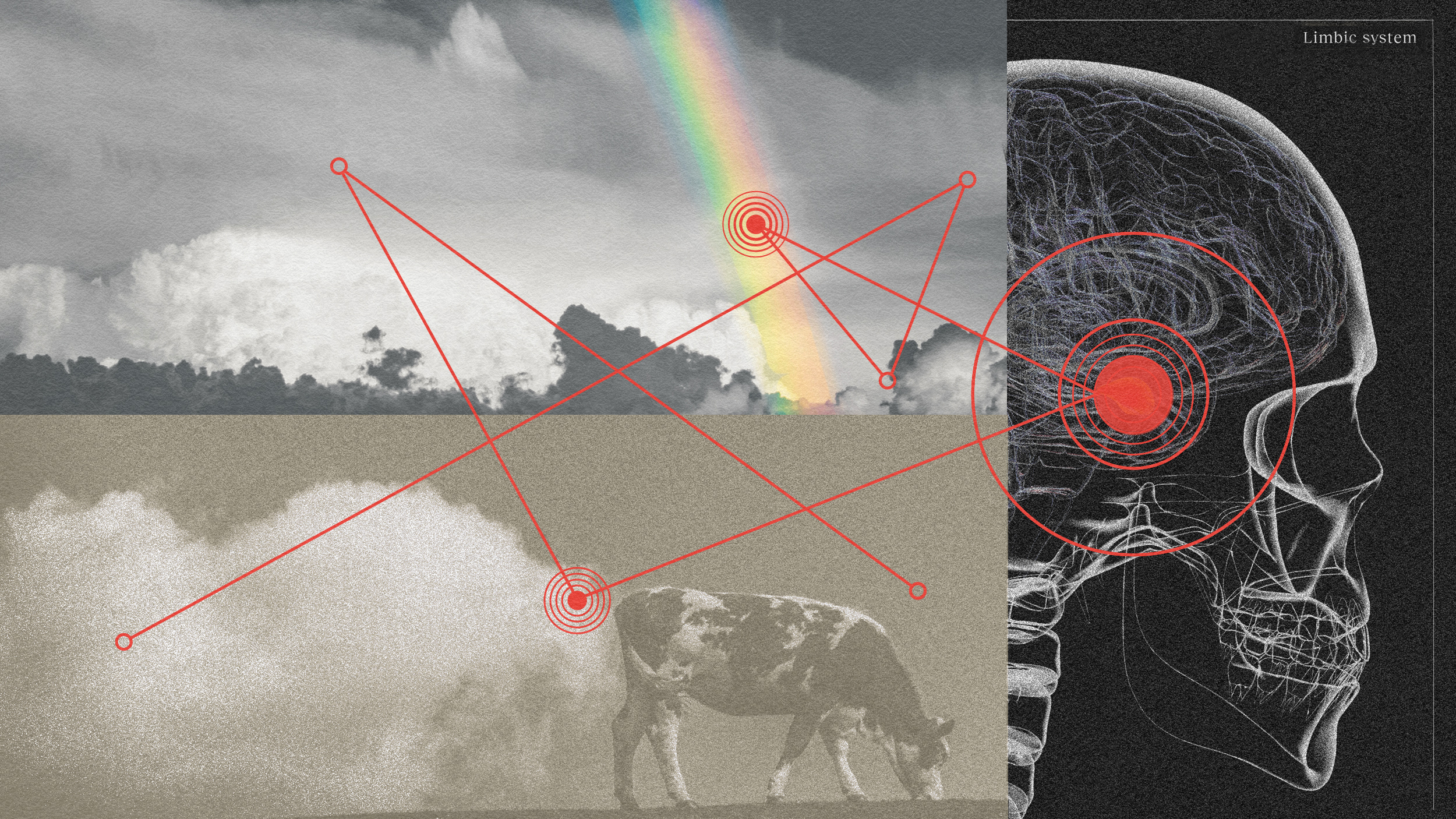Autism isn’t on the rise: it’s just getting defined better, and diagnosed more.
Is Autism an Epidemic?
Wilczynski: One in every 110 children are now being diagnosed with an autism spectrum disorder. That rate is double what it was 10 years ago and really 10 times the incidence that was reported a generation ago. So what are the causes for this increase? Is it really an epidemic?
Fischbach: No, it’s not an epidemic. I believe it’s greater recognition, greater clinical acuity, more available resources and mostly a broader definition of what we mean as it blends into the normal population on the one hand and the low end of the spectrum, the intellectually impaired, on the other. As the diagnosis of autism is increasing the diagnosis of mental retardation is decreasing. And more and more on the other end, the high end, more children who are just a little bit off, who ordinarily you would not single out now are being described as perhaps Asperger’s syndrome or on the high end of the autism spectrum, so I don’t believe there is an epidemic.
Wilczynski: Very good. Anything else?
Walsh: I think in all of medicine we’re seeing that we have better tools for diagnosing everything, so consequently the prevalence of breast cancer is higher than it used to be and initially people were worried that was because our environment was completely polluted and there might be a role of that, but it also has to do with the fact that now we have MRI scanners that we didn’t have a generation ago that are very, very sensitive to detecting very small cancers. And so along with that increased prevalence of cancer is an improvement in its outcome because we now actually can diagnose some people who will not die from the disease. And the prevalence of prostate cancer is higher because it is recognized in so many men in whom it’s an asymptomatic condition that they would die from other causes and otherwise would never have been recognized in their lifetime. To a certain extent, I think the same is true of autism, that we have better tools. We have better diagnostic tools and so therefore the prevalence goes up, but also, hopefully, the prognosis improves because we’re increasingly able to have the sort of diagnostic precision to diagnose the milder or the borderline cases that maybe a generation ago may have just been written off as a peculiar child and now we can recognize, have a more specific condition that we can hopefully treat in a more thoughtful and considerate way.
Bookheimer: I think the availability of some interventions and some treatments makes it much more likely that people will want to get a diagnosis because then you have a place to go. But years ago when there were no available treatments and the diagnosis of autism was associated with a terrible outcome as well as terrible stigma—since many years ago it was thought to be due to parental behavior, which is of course untrue—then why would anyone want to diagnose their child with autism and why would any physician want to tell a parent that their child may have autism. So I think that the whole milieu socially has changed quite a bit to make it possible.
Fischbach: The first paper written on autism was in 1943. Autism existed way before 1943, but in terms of the stigma these children were called queer, idiots, schizoid, bizarre. No one had a name for them until one man, Leo Kanner in 1943 gathered a group of children and said there is something common about these children and it is a well defined entity, but the definition has just kept expanding since then.





